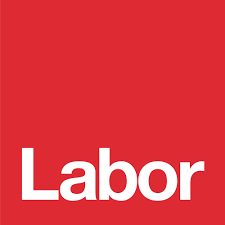Tuesday, 25 August 2020
NSW Labor is demanding a fair go for businesses near the Queensland and South Australian borders after the Deputy Premier John Barilaro announced a $45 million program to help ‘cushion the economic impacts’ of the border closure with Victoria.
The Labor Member for Lismore Janelle Saffin has asked Mr Barilaro for a similar program to help small businesses affected by the Queensland border closure.
“Businesses on the North Coast and Northern Tablelands are struggling,” Ms Saffin said; “First drought. Then bushfires and now border restrictions. The NSW Government must intervene to help them survive.”
Ms Saffin said a grant program to support small businesses impacted by the border closure would help prop up the economy, keep businesses open and people employed.
The Shadow Minister for the North Coast Adam Searle said: “John Barilaro is playing favourites. Border communities are struggling and not just near Victoria. How can the Government extend a helping hand to businesses around Albury while ignoring the plight of border towns to the north and west?”
Residents and business owners in Broken Hill have been grappling with the South Australian border closure since March. The Victorian restrictions have limited the flow of people and business from the south.
The Shadow Minister for Western NSW Mick Veitch said: “Broken Hill and the councils of western NSW should not be forgotten. Their small business operators are doing it tough because of issues related to the South Australian border. “I call on the Deputy Premier to extend financial support to the people on that border. We welcome any constructive assistance the Government can provide. But if this program is good enough for one community – why not extend it to other regions that are struggling?’ Mr Veitch said

